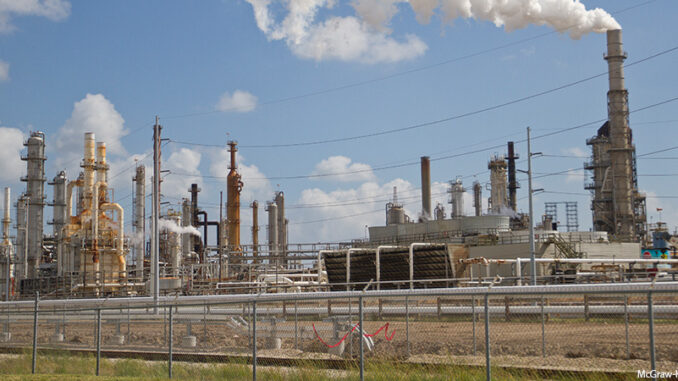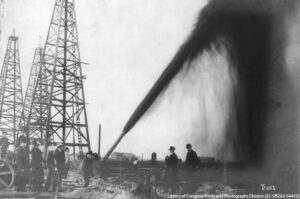

What is Fracking?
The nickname derived from the term “hydraulic fracturing,” fracking is a process of releasing oil or natural gas from inside of shale rock. The technique involves using heavy machinery to drill into the earth. Then, a mixture of water, sand and chemicals is blasted into the hole at high pressure. This causes cracks that releases gas into wells built to collect and contain it.
Because of advances in technology, machinery can now reach areas once considered unavailable to excavation. This is leading many to consider this a “golden age” for natural gas.
Pros of Fracking
This new method will allow for a greater diversity in energy. Economically, the global demand for natural gas is expected to rise to 50 percent by the year 2025. Domestic oil production keeps gas prices low. It also provides a great number of jobs, especially in rural areas where manufacturing jobs have moved overseas. Politically, it allows our lawmakers to be less dependent on. Experts suspect that there is enough oil available in the United States and Canada to last around 100 years.
Proper government regulation can ensure that the public and the environment are kept safe from any potential ill-effects of fracking. This includes partnering with local communities and well as implementing national measures like regulations and laws. Water used to release gas and oil from the shale can be responsibly recycled in order to reduce the burden on local water supply.
Cons of Fracking
Excavating natural gas and oil from shale is an extensive and involved process. The equipment needed is considerably more involved than traditional drilling. In addition to the estimated permanent damage to the land, the process of fracking comes with a number of potential hazards. First, it requires an enormous amount of water, which many consider wasteful. It also poses burdens on the local communities where drilling occurs, including the potential contamination of groundwater and increased air pollution. Fracking also creates greenhouse gas emissions, found to be largely responsible for climate change. Environmentalists are also concerned about the risk of causing earthquakes by creating fissures in the earth.
In response to regulation, opponents of fracking believe that the oil and gas companies are too influential in politics, because of Lobbyists who educate and influence lawmakers and special interest groups.
Texas Town Becomes First to Allow Voters to Decide Fracking Fate
The citizens of Denton, a town in the northern part of Texas, gathered enough signatures to have a proposition put on the ballot that would allow them to vote on banning fracking within city limits. The issue began as a debate between energy companies who, because of loopholes in the law, were drilling within 200 feet of residential homes. Some lawmakers and those in the fossil fuel industry say that the ban on the ballot is too extreme. Those supporting the residents whose homes are suffering foundational damage as well as dropped value in their homes, say they exhausted every other avenue to reasonably work with the energy companies. This battle is a significant one in a state with a long tradition of drilling and oil production.
